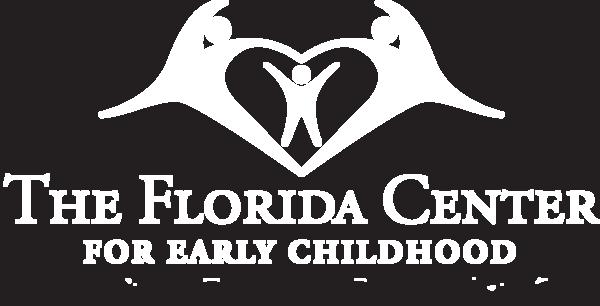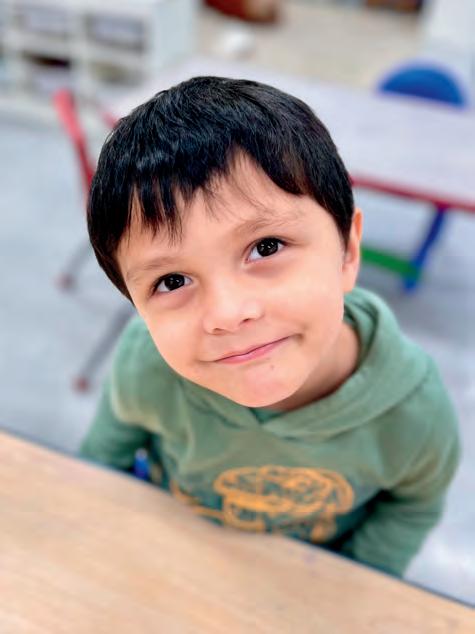
4 minute read
Bumps in the road to higher education
JAMES PETER MANAGING EDITOR
The road to a higher education has changed.
Students are taking more advanced classes earlier in their education.
Going to college doesn’t always mean being in person on campus every day.
Simply applying to universities let alone earning admission has become a gauntlet. There’s no cruising through the first years of high school anymore.
“You need to start thinking about college in eighth grade,” said Sarah Harding, a student success coach with the Education Foundation of Sarasota County. “It’s unfair, but that’s how it works. You have to take a certain number of advanced courses. You can take high school-level courses in junior high.”
The Education Foundation of Sarasota County provides free college support and guidance.
Completing advanced level coursework is just one part of the challenge.
Resumes, supplemental essays and high test scores are required for public universities.
The middle 50% of students admitted to the University of Florida has a 4.4 to 4.6 GPA and an ACT score between 30 and 34, according to 2022 UF student data. With University of Florida’s admission rate at less than 30%, Harding said a 4.0 is no longer a guarantee, which is part of the reason high schoolers are taking the ACT or SAT at least three times.
“You used to have a composite score, now you have a SuperScore. To be competitive, you get to take the highest score from each subsection. The scores for all these schools have gone up,” said Cheryl Haller, a college and career advisor at the Student Success Center at Sarasota High School.


Alternate Routes
The competitiveness of university admissions, along with the increasing costs of tuition, books and housing, have more students pursuing alternative routes. For some that means a blended model or fully remote degree.
“This generation is becoming more aware of the cost of living and the cost of housing. They’re having more realistic conversations (about their futures),” Harding said. “Some students are going that route to stay at home and save money. They’re still excited to join (clubs and on-campus activities).”
More students are either starting at State College of Florida and transferring to a four-year institution or earning an associate’s degree in an in-demand field, like computer science, software development, hospitality or nursing, and entering the workforce. Students are finding alternative ways to fund their postsecondary plans, such as tuition reimbursement programs.
“A student working at Starbucks full-time gets the full cost of a B.A. online via (Arizona State University). You can really make it your own,” Harding said. “There’s a lot of hidden knowledge that students aren’t aware of — you have to speak to somebody in the know. It’s like looking at a main road and not being aware of 100 shortcuts that will take you to the same path.”
MEDIA INFLUENCE
Students’ job interests are diverse as ever, but with a new variable — the doubleedged sword of social media. Anecdotally, it’s encouraging Sarasota High School students to think more like entrepreneurs, whether that’s as influencers or as small business owners.
But social media also has the effect of showing students
Resources
The Education Foundation of Sarasota County provides free college and career advising services to area students. For more information, visit EdFoundationSRQ.org

State College of Florida IT/Coding Academy offers affordable and flexible trainings, bootcamps and certifications in cybersecurity, cloud computing and software engineering. For more information, visit Coding.SCF.edu extraordinary achievements without an accurate representation of the work needed to reach that position.
“More kids are interested in entrepreneurship. They see social media personalities in luxury vehicles, taking trips,” said Diana Berris, who is a student success coach with the Education Foundation of

Sarasota County.
Berris said the reality of long hours of scripting, filming and editing is lost on many students when they watch social media influencers. Others with dreams of emulating social media real estate moguls are surprised to learn about the licensing requirements, dayto-day business and long hours of real estate agents.
“So many students come through the door and say, ‘Well, I saw this on TikTok.’ But It doesn’t represent what paths are really like,” Berris said.
Another common career interest of late is criminology, seemingly inspired by true crime Netflix shows, YouTube channels and podcasts.
“(Students say) ‘I want to do forensics.’ Are you strong in math and science? They just don’t realize the amount of education required for certain positions they see on TV,” Berris said.
Skills To Pay Bills
Employers demand candidates with soft skills. Written and verbal communication are still at the top of the list, said Desh Bagley, director of IT/Coding Academy at State College of Florida.
“Employers are expecting more independence (and that they’re) capable of doing the initial research on their own. And knowing what questions to ask,” Bagley said.
That might mean using online platforms to troubleshoot and find answers and solutions as well as how to use generative artificial intelligence.
“Students who are coming out of college now, if they don’t know how to use generative AI for image and text production they’re going to be behind,” Bagley said.
That’s in addition to other expectations employers have of young hires.
“Students are expected to know how to do the job faster,” Bagley said. “A four-year degree is good, but what industry partners are looking for is computer science degrees to look more like nursing — hands-on experience and a practicum.”
That’s opened another path to high schoolers looking to get a foothold in the workforce — coding bootcamps, which along with online learning have gained in credibility in recent years, according to Bagley.
Since its founding in 2021, the State College of Florida Coding Academy has had 25 students graduate from a bootcamp and find a job placement. Most SCF Coding Academy students have been professionals making career changes, but the programs in cybersecurity, software development and cloud computing are open to anyone 18 years and older. SCF Coding Academy has programs and camps for students K-12.
“My four-year (computer science) degree from USF is probably now equivalent to a six-month bootcamp,” Bagley said.
With the rapid pace of software development and innovation, it’s more important than ever, Bagley explained, that students are prepared for a lifetime of learning.
Ages










